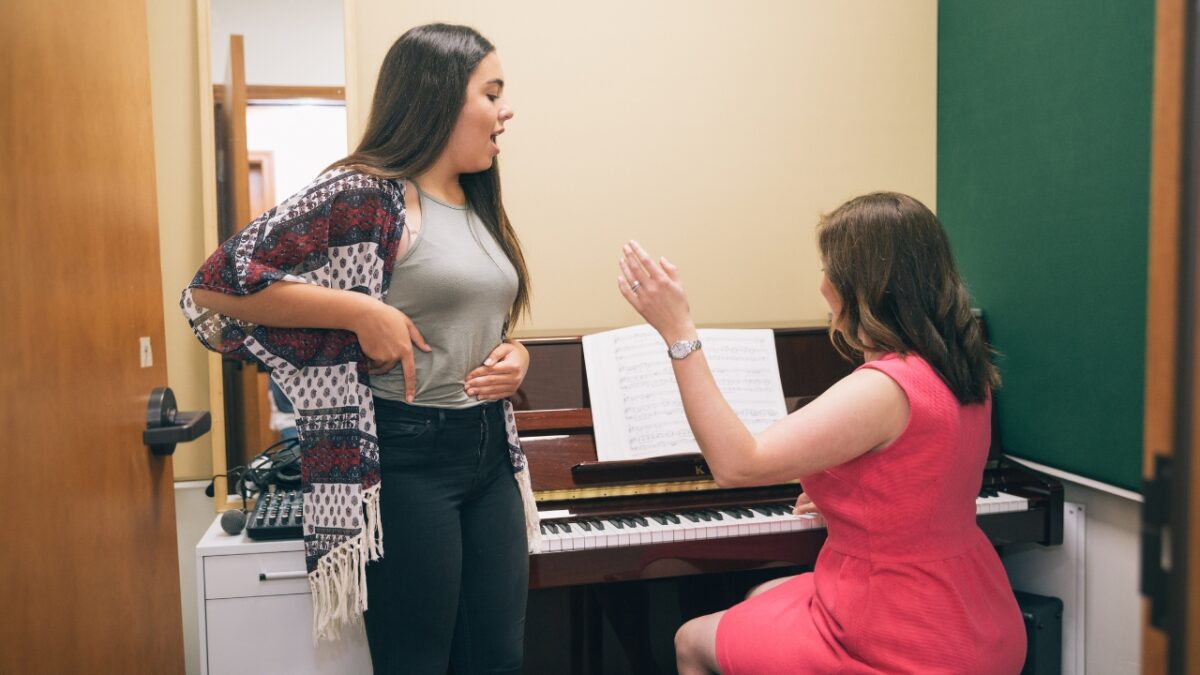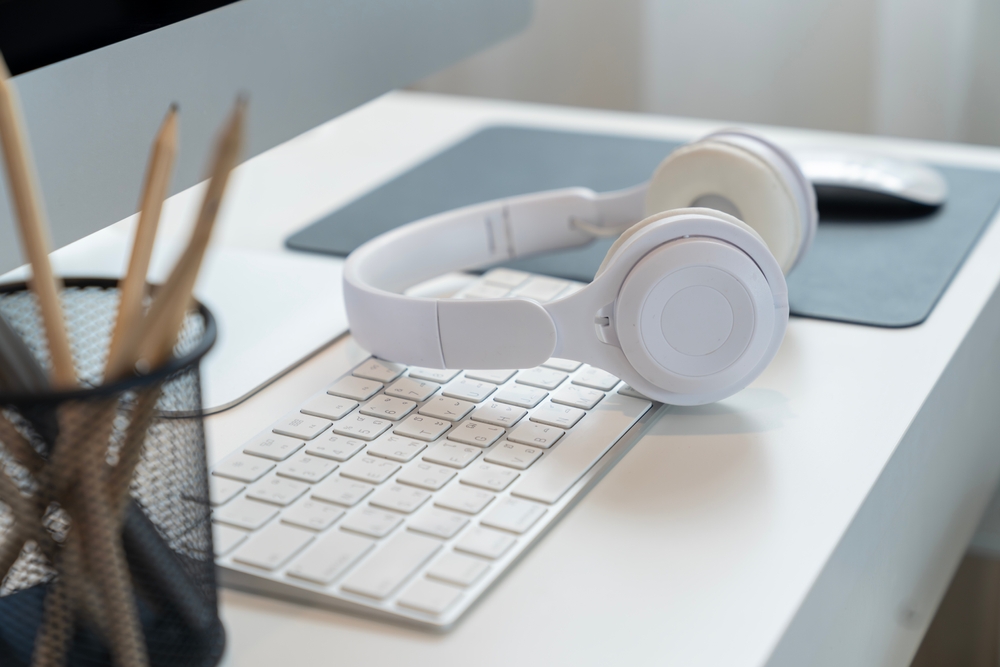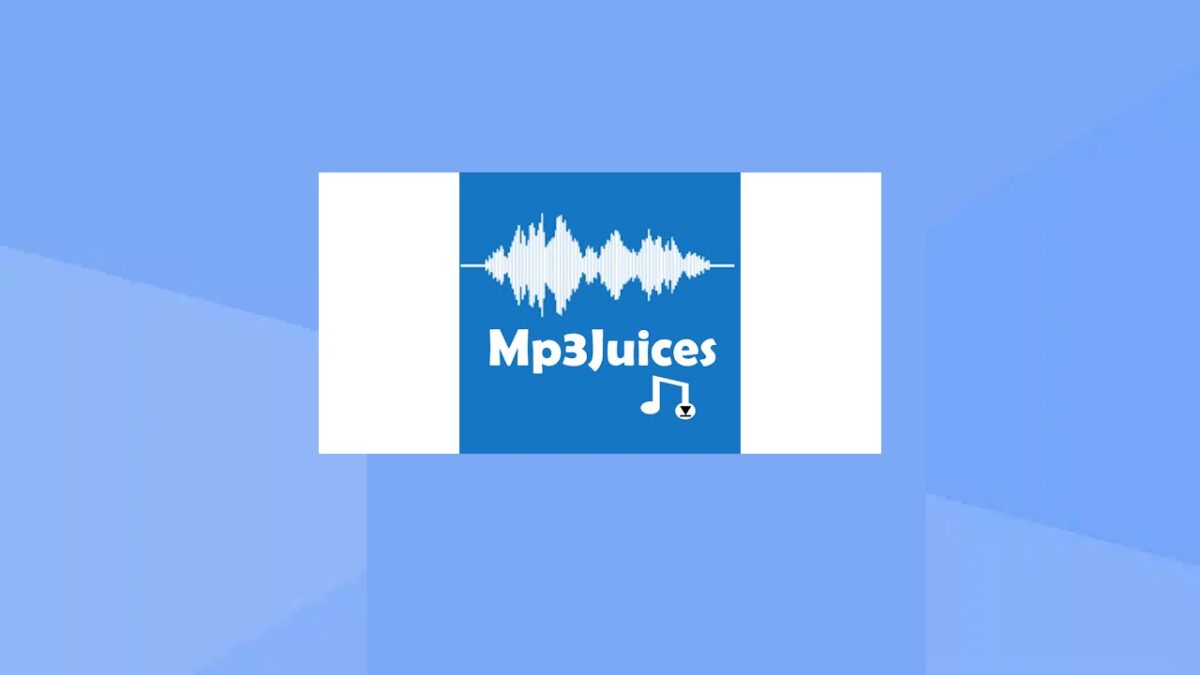Portland, Oregon, thrums with a vibrant music scene. From the indie rock stylings of The Shins to the smooth sounds of jazz on a summer night, music is woven into the fabric of this city. If you’ve ever felt the urge to pluck a guitar string, tap a drumbeat, or belt out a tune, you might be wondering: when is the best time to start music lessons in Portland?
The truth is, there’s no single “perfect” age. Just like the diverse musical landscape of Portland itself, the ideal time to embark on your musical journey depends on a unique blend of factors. This guide will explore the developmental stages of young learners, delve into the benefits of music education at all ages, and offer insights to help you decide when Portland’s music schools can become your launchpad for a lifelong love of music.
The Power of Music: A Symphony of Benefits
Music education isn’t just about learning scales or mastering complex rhythms. It’s about nurturing a love for music that unlocks a treasure chest of benefits. Here are just a few reasons why starting music lessons in Portland, at any age, can be a truly enriching experience:
- Cognitive Development: Studies have shown that music education enhances cognitive skills like memory, focus, and even spatial reasoning. As you learn an instrument, your brain forms new connections, boosting your overall cognitive capacity.
- Fine Motor Skills: Playing an instrument requires precise hand-eye coordination and dexterity. Whether you’re navigating the keys of a piano or strumming the strings of a guitar, music lessons provide a fun and engaging way to hone these fine motor skills.
- Discipline and Self-Esteem: Learning an instrument takes dedication and practice. Overcoming challenges and witnessing your own progress fosters a sense of accomplishment and boosts self-esteem.
- Communication and Collaboration: Music is a form of communication. Ensemble playing or group lessons teach valuable skills like teamwork, listening, and responding to others.
- Stress Relief and Creativity: Music offers a powerful outlet for expression and relaxation. Immersing yourself in music can reduce stress and anxiety, while also sparking creativity and imagination.
These benefits apply not just to children but to adults as well. Regardless of your age, music lessons can be a source of joy, intellectual stimulation, and a chance to connect with others through the universal language of music.
Exploring Early Childhood: Planting the Seeds of Musical Love (Ages 2-5)
Formal music lessons might not be the best fit for toddlers and preschoolers. However, this is a crucial time to introduce children to the world of music in a fun and interactive way. Here are some ways to nurture a love for music in your little one:
- Sing songs together: This is a classic for a reason! Singing nursery rhymes, action songs, and even your favorite pop tunes exposes children to rhythm, melody, and the power of their own voice.
- Move and groove: Dance parties are a fantastic way to get children moving to the beat. Play a variety of music styles and encourage them to express themselves through movement.
- Explore simple instruments: Introduce your child to kid-friendly instruments like shakers, drums, bells, or even pots and pans. Let them explore the sounds they can create and have fun experimenting.
- Attend children’s music classes: Look for music classes specifically designed for toddlers and preschoolers. These classes often incorporate singing, movement, and basic music concepts in a playful and engaging way.
By creating a positive and stimulating musical environment, you’ll be laying the foundation for a lifelong love of music.
Entering the Zone of Focus: When Formal Lessons Take Center Stage (Ages 6-9)
As children enter elementary school, their focus and cognitive abilities begin to develop further. This can be a great time to consider enrolling them in formal music lessons in Portland. Here are some signs your child might be ready:
- They express a strong interest in a specific instrument. Maybe they’ve been begging for a guitar or can’t resist tapping out rhythms on every surface.
- They can concentrate for longer periods. Music lessons often require focused practice, so a certain level of attention span is important.
- They have basic motor skills under control. Holding an instrument and manipulating it requires hand-eye coordination and dexterity.
Portland boasts a vibrant music school scene. From independent studios to larger music academies, you’ll find a variety of options catering to different instruments, styles, and learning preferences. Here are some tips for choosing the right music school for your child:
- Consider your child’s interests: Does your child dream of shredding on an electric guitar or composing their own symphonies on the piano? Choose a school that offers instruction in the desired instrument.




